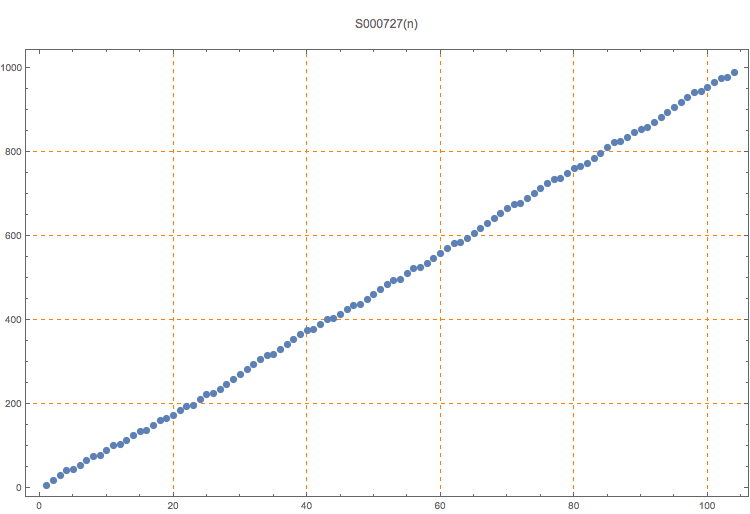Numbers n such that Lucas(n) is an abundant number.
6, 18, 30, 42, 45, 54, 66, 75, 78, 90, 102, 105, 114, 126, 135, 138, 150, 162, 165, 174, 186, 195, 198, 210, 222, 225, 234, 246, 258, 270, 282, 294, 306, 315, 318, 330, 342, 354, 366, 375, 378, 390, 402, 405, 414, 426, 435, 438, 450, 462, 474, 486, 495, 498
1
The file “Lucas factors.txt” was created from information in the Blair Kelly website given below. A number c is called abundant if sigma(c) > 2*c, where sigma(c) is the sum of the divisors of c.
T. D. Noe, Plot of 104 terms
T. D. Noe, Table of 104 terms
Blair Kelly, Fibonacci and Lucas Factorizations
(Mma) t = {}; strm = OpenRead["Lucas factors.txt"]; ln = -1; While[ln++; data = Read[strm, String]; data =!= EndOfFile, pos = StringPosition[data, "="][[1, 1]]; s = StringDrop[data, pos + 1]; s2 = StringSplit[s, "*"]; nums = ToExpression[s2]; sig = Times @@ DivisorSigma[1, nums]; If[sig > 2*Times @@ nums, AppendTo[t, ln]]]; Close[strm]; t
Cf. A074726, A074316, S000728, S000729.
nonn,hard
T. D. Noe, Oct 23 2015
